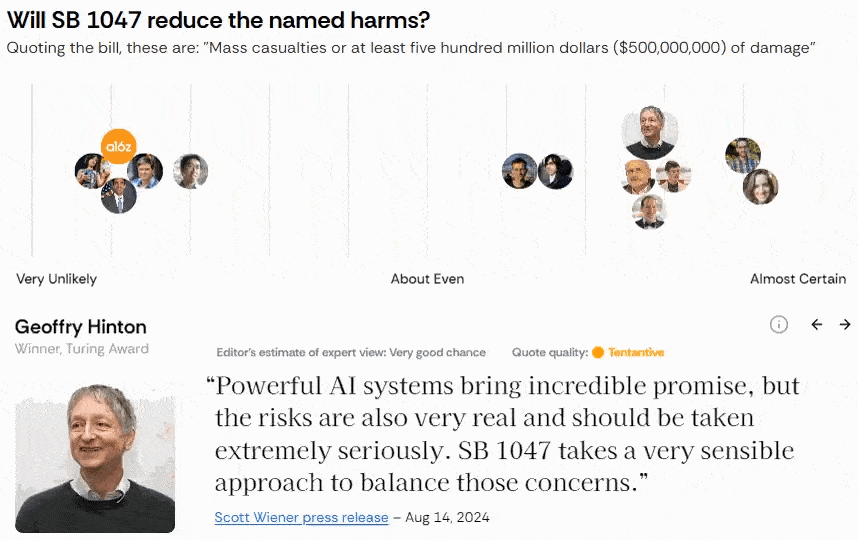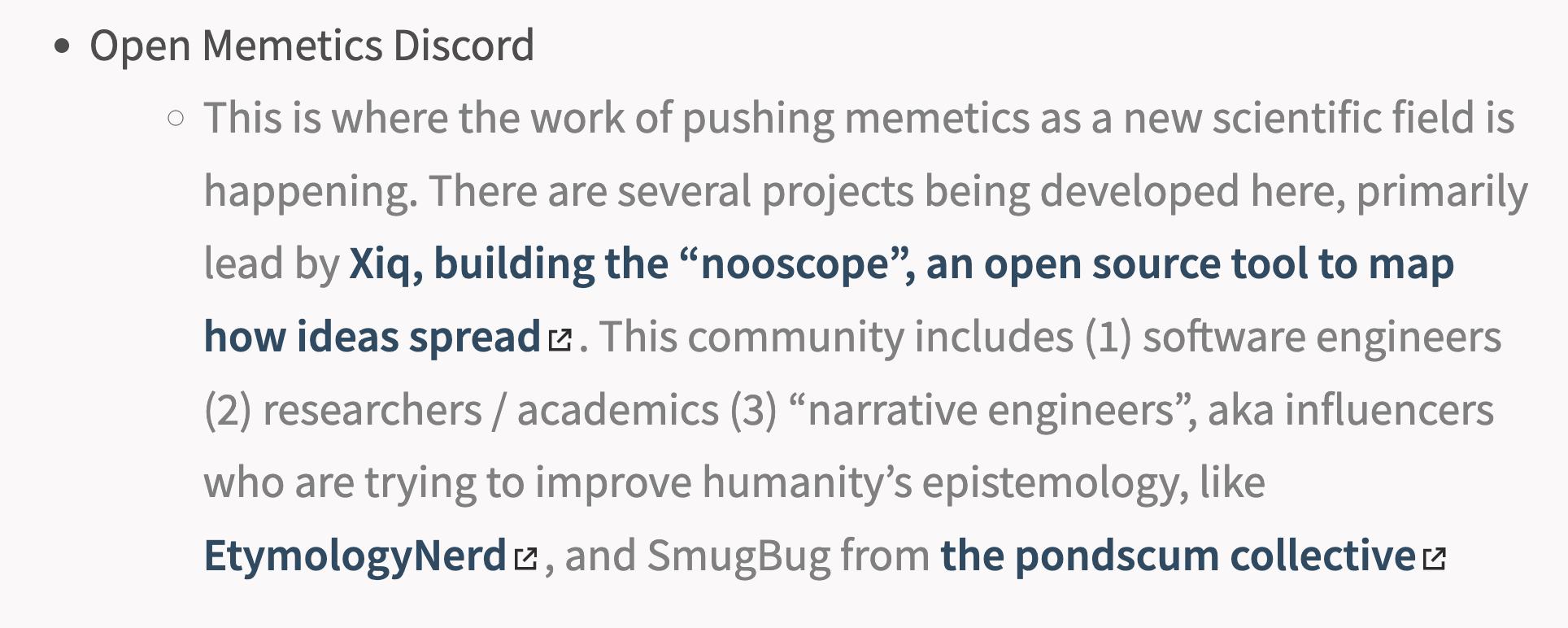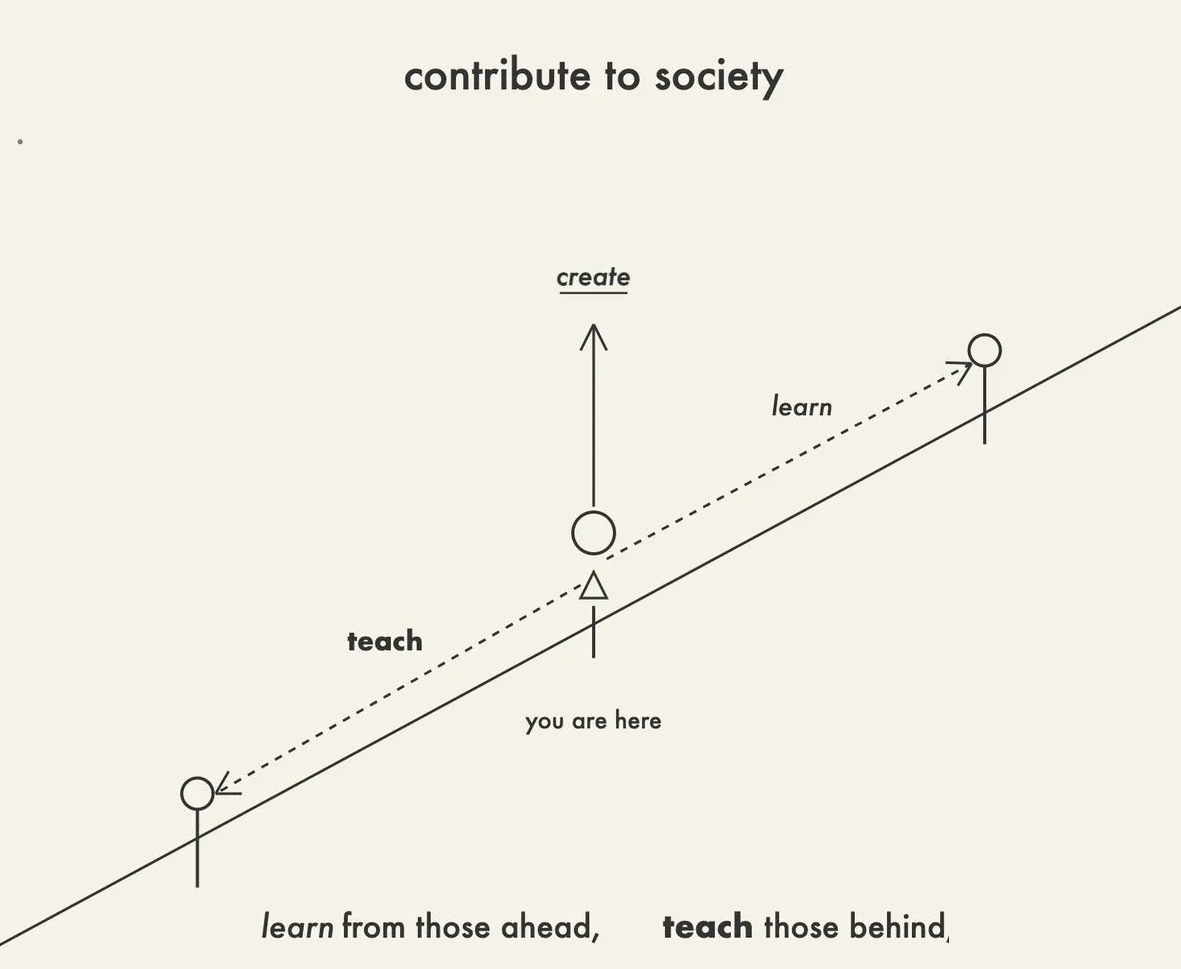July 21, 2025 - by Defender
I have been putting off starting ORI "for real" because it seems so inevitable. Surely someone more qualified than me will do it, and then I can just focus on contributing to their thing.
But the longer I wait the more urgent this work seems. I'm watching the frontier of human knowledge and it's progressing SO SLOWLY. I think we're stuck because:
ORI can solve all of this. And we're going to make a lot of money doing it.
For the past ~6 months I've been making a mental list of who has reached "ORI level insights". These are people who have untethered from humanity's consensus & can see truth before it reaches everyone. Like they can see "above the canopy" of humanity's collective cognition. They have a discernment that allows them to see the true but not yet mainstream POV, whereas humanity's collective knowledge is in rational land:

What heretical truths have we all found in the ORI egregore? I think the baseline ones are:
Michael Levin hints at this at the beginning of this talk, how a lot of breakthroughs come from unifying things that we currently see as separate phenomenon.
When looking at any individual thing, this allows us to ask, "what universal principle is this an instance of?" - if we find it, we can keep applying this recursively. This gives us greater predictive power, with less computational complexity. I sometimes describe the main product that I want for ORI as:
a semantic engine where the first to find higher abstractions that predict reality with less information is rewarded
Or at the very least, information is just as real of a building block. Which implies our choices matter, we do not live in a deterministic universe. See Observer Theory by Sam Senchal, published with the Wolfram Institute.
From Julian Gough:
It is perfectly scientific to say that love is our interface with the universe. It's a powerful evolved system that gives us feedback that we and those around us are doing it right. That we're lined up right with the universe. If you're giving and receiving stable forms of love in healthy feedback loops, you're good to go.
This is also the primary focus of Suntzoogway's work.
My learning rate on twitter used to be really fast, until I hit the "collective cognitive canopy". It's really hard now to think through the implications of this new paradigm when most people either don't understand it or reject its axioms.
This is why I want to form the ORI egregore. I want to prototype an app that would act as a twitter poll, except it would register who said what, so you could see where everyone falls on these spicy questions. So all of us who share the same axioms can find each other (and when I'm talking to someone "outside of the paradigm" I can switch into a different mode of discussion).
Imagine something like this but for any arbitrary question, collecting responses by posting a link to twitter (or bluesky, or substack etc):

(1) Nosilverv has a book about how to spot propaganda. I am trying to help him get it published, or self publish & help promote it. I think we can use this to level up the average person's epistemology, which would significantly accelerate the core mission of ORI (propagating true information) and also weaken groups of people that benefit from how easy it is to manipulate people.
(2) The Open Memetics community is going strong, the work is spearheaded by Xiq. He has gotten the funding he needs, and I consider this the first "ORI success story", in that I just started out having questions about how the world works, ended up doing science communication for memetics, which then attracted researchers, builders, investors & people who wanted to volunteer their data. I connected all the pieces, and now it's happening. I wrote the following note yesterday in my notebook:

(3) White Mirror is a sci-fi novel I got an early copy of and I am very excited to try & help promote. It is like Black Mirror, but the opposite: vignettes from a future where humanity figures out what it needs to survive, and thrive. If the ideas in this book spread it might just be the catalyst humanity needs right now.
(4) Forming an ORI network. I have a work-in-progress list of who I want as part of the initial network here: https://github.com/Open-Research-Institute/open-research-institute.github.io/issues/5
I'm planning to make a list of everyone in the network, to collect everyone's body of work, so we can have a unified ORI feed even as everyone writes on different platforms, across twitter, substack, bluesky, discords, etc. This will probably be based on an open standard like RSS.
In the meantime, we should all have a public entry point to our work.
Write down what you're working on, and what your needs are (in terms of money, but also in terms of peers/skills/collaboration). Think of this as applying for a grant but the application is public.
Examples:
Include a list of your open questions. This will be important for levelling, as it marks "your frontier".
The goal is for everyone to find their peers to accelerate their learning. This will naturally create a "chain" up to the frontier. Everyone will have someone they are learning from, until you reach the end. Uncharted territory should attract more attention & resources until it's mapped.
The "chain" from beginner to frontier creates a path for breakthroughs & novel ideas to propagate upwards. When the frontier is stuck, an outsider's perspective may provide a breakthrough. It's win win either way because of the outsider's idea is not useful, the outsider gains that feedback. This functions as a way for the frontier to propagate their knowledge outwards.

Until we have an ORI semantic engine, you can use Exa's internet wide semantic search:
If you'd like to read more, see my last attempt at describing ORI April 2025 in How do we bootstrap the Open Research Institute?